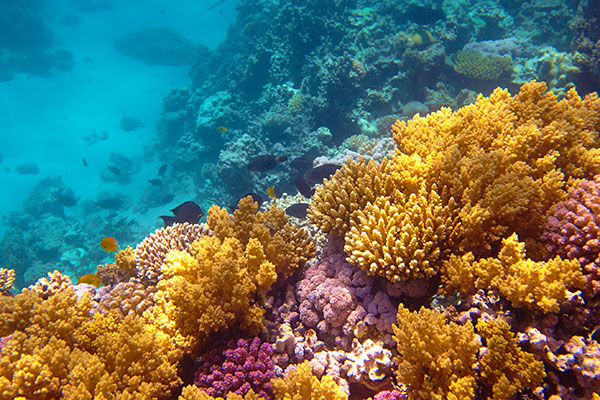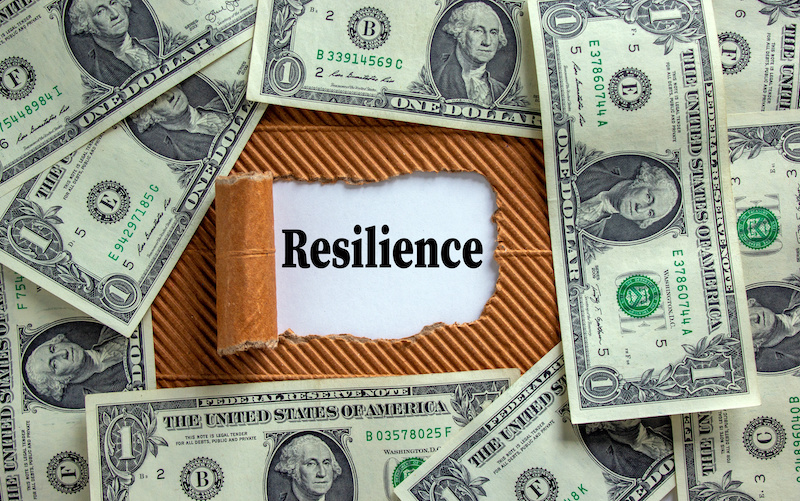Environment

Coral Reef Conservation Tips
Key News ContributorJuly 25, 2017

Coral Reef Conservation Tips
As an informed Key Biscayne resident or visitor, you can share your knowledge and get others involved in conservation efforts. Remember, your interactions with coral reefs and their inhabitants can have lasting results. Your involvement can make a difference!
- Join educational programs that focus on coral reef monitoring and conservation (e.g., KBCSP, REEF, and SEAFAN).
- Learn about existing and proposed laws (CRPA), programs and projects that could impact south Florida’s coral reefs. Check out this article from the NY Times on the Port of Miami Dredging Project.
- Always buy sustainable seafood. Check out the Blue Ocean Institute’s Sustainable Seafood Guide.
- Only purchase native, aquaculture-raised and harvested plants and animals for ornamental uses such as décor, jewelry, and aquarium trade. Learn about what the US Coral Reef Task Force is doing for International Trade in Coral and Coral Reef Species.
- Hiring local guides when visiting Key Biscayne’s coral reefs will not only help you learn about natural resources, but it will also help protect the future of the reef while supporting the local economy. Contact Diver’s Paradise to learn more about local diving opportunities.
- Always make sure your wastewater is properly treated and free of harmful chemicals from detergents and pesticides. Excess nutrients in wastewater will eventually make its way out to coral reefs and cause significant harm. Check out Sierra Club’s tips on safer ways to protect your garden from bugs. You can also purchase ecofriendly detergents to keep handy when cleaning your boats and other vehicles. Visit the EPA’s website for more information.
- Recycling is also effective in protecting coral reefs. If you see trash in or around waterways, always dispose of it properly. Learn more about the Village of Key Biscayne’s recycling efforts here.
- Report dumping or other illegal activities. Contact the Florida Department of Environmental Protection at 1-800-320-0519.
- Always use navigational charts when driving boats to avoid running aground even if you’re familiar with the area. The ocean is a dynamic environment and it’s also easy to misjudge depth based on visual assessment. Drive carefully and do not trawl in shallow areas. Visit NOAA’s Nautical Chart Online Viewer before making your next reef trip.
- When boating near coral reefs, always tie up to mooring buoys or anchor in the sand if no buoys are available. Check out Biscayne National Park’s mooring buoy location listing for more information.
- When diving or snorkeling, keep your fins, gear, and limbs away from the reef! Do not under any circumstances touch any part or the reef, collect souvenirs, or harass marine animals. Also avoid kicking up sediments. If you see environmental disturbances or damage at your dive sites, report them to the Florida Fish and Wildlife Conservation Commission’s 24 hour Law Enforcement Dispatch Line at 1-888-404-FWCC (3922).
- Learn and observe fishing regulations, seasonal closures and bag limits. Visit FWC’s website for more information.


